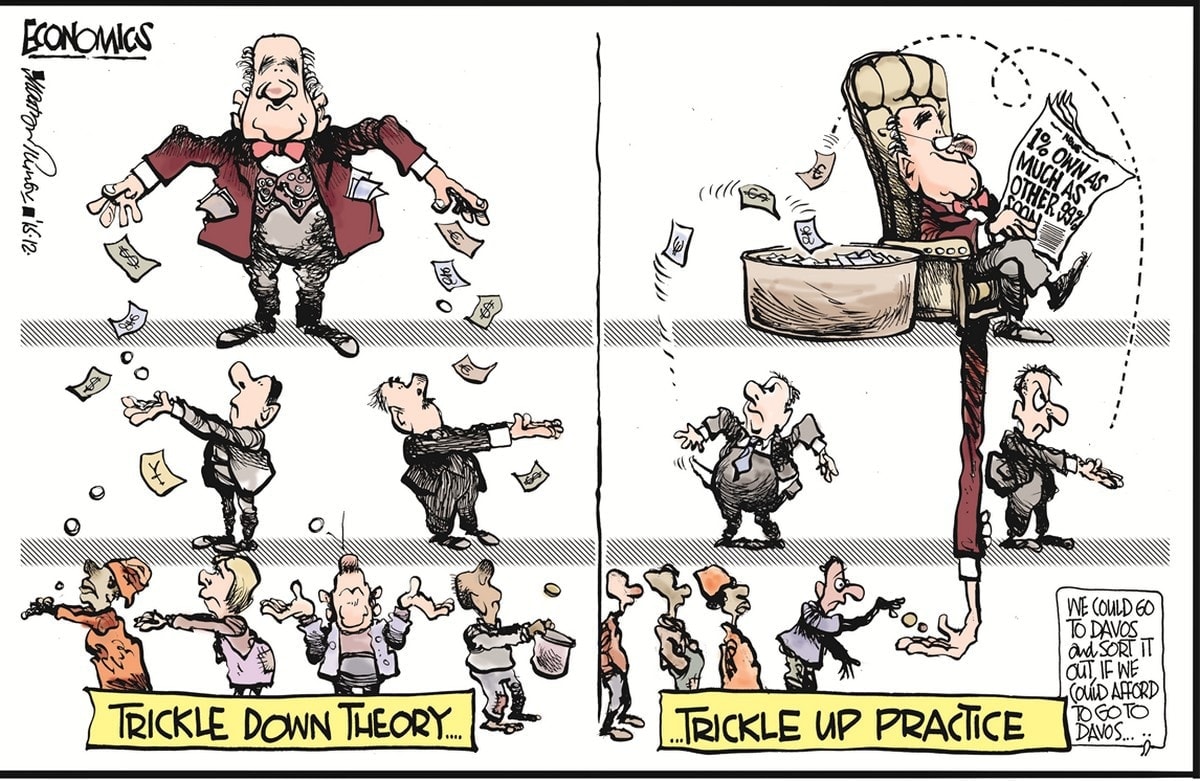
Advertising Ethics - Principles and Tips | Marketing91
Advertising Ethics – Principles and Tips
Definition – Advertising ethics is the way in which a company or a brand conducts itself and communicates with customers or buyers by following set principles and a governed manner. There are different ethical concerns which advertisers have to take care of because they are the ones responsible for communication and messaging, from the company to the world.
Advertising is a kind of business discourse that is used for promoting and publicizing a product, service, or brand. While doing this, brands or agencies must be aware of the items or services they are promoting, so the things they are advertising are not misguiding or misinforming. They must know advertising ethics to avoid any future issues and inconveniences.
We all understand that businesses attempt a wide range of techniques, strategies, and manoeuvres to stand out enough to get noticed by their target audiences or masses, so their conversions and sales potentials get optimized.
– And in the process, once in a while, they might come up with illicit or unethical strategies (intentionally or unintentionally).
One of the issues here is- such wicked strategies work “excessively well” since they depend on double-dealing, confusion, and other facades that might seem alluring, convincing, or easy ways to make profits by the target audiences (or by the masses as well).
Because of these reasons, the advertising industry time and again faces a lot of criticism.
Advertisers and brands have been blamed for channelizing materialism, stereotyping, manipulation, racism such as colour complexes, sexual exploitation, body shaming, using humans as commodities, and so forth. And to resolve all such issues, the concept of ethical advertising came into existence.
Let us dive deep into this and unfold key practices associated with advertising ethics-
Table of Contents
What is Ethics in Advertising?
Ethical advertising is introduced for resolving issues related to the public perceptions that advertising comes up short on the moral ground, and it doesn’t adhere to a meaningful boundary in what is correct or incorrect.
Different ethical issues that the advertising industry always face are-
- Puffery & Hype: Making different exaggerated claims
- Good Taste: Promoting different types of stereotyping related to gender, ethnicity, race, age, handicaps, lifestyle, religion
- Stealth Advertising: Using messages embedded in a storyline which is not explicitly shown as advertising
- Advertising to Children: Promoting different controversial products such as alcohol, gambling or tobacco
- Gratuitous Sexual Content: Use of sexual imagery, nudity, and sex appeal in an explicit and implicit manner
- Negative Content: Making different fear appeals, threats or guilt appeals
Ethical advertising is one such technique that helps in resolving all such issues.
Brands and advertisers use moral codes in their strategies to advertise things that can be shown as reality.
In such practices, they give some facts, yet they shroud certain things just as they have to feature the organization in the best light. But at the same time, they likewise abstain from lying as they can be gotten out by the legal advisors or network approval committees who supervise their work.
Advertising ethics are suggested for maintaining human dignity, honesty, social duty, and responsibility.
It is said that advertising isn’t unethical at all; however, it can change, falsify, or deceive the reality by recommending something that isn’t so.
That is why; ethical advertising principles recommend that the advertising community should work better at analyzing and monitoring themselves, plus they should always be ready to be ethically responsible and accountable.
Let us now have a look upon the nine most essential principles upon which advertising ethics are based upon
9 Principles of Ethical Advertising
- Advertising and related kinds of stuff should comprise a common goal of truth and high moral measures in serving the people in general.
- Advertising ethics practitioners should commit to practising the most important morals in the creation and channelization of business data and related information to customers and target masses.
- Advertisers ought to recognize the difference between advertising, corporate communication, and PRs from editorial pieces, news, and entertainment, both offline and on the web as well.
- Followers of advertising ethics ought to reveal every material condition, for example, payment or receipt of a free item, influencing endorsements in social and conventional channels, just as the identity of endorsers, all in light of a legitimate concern for complete honesty and straightforwardness to ensure full transparency.
- Promotional strategies based upon advertising ethics should treat buyers fairly as per the nature of the target audiences to whom the advertisements are targeted to. Treatment should also be based upon the nature of the item or service advertised.
- Advertising ethics ought to never bargain the protection and personal privacy of its consumers while making different marketing communications. Ethical advertisers’ decisions concerning how to use their data ought to be transparent.
- While strategizing promotional campaigns with advertising ethics, advertisers ought to follow government and local laws regarding the marketing and advertising campaigns. They should also abide by self-regulatory programs of the industry for the goal of advertising rehearses.
- Ethical advertisers and ad agencies working in online and offline domains ought to examine secretly about the different possible moral or ethical concerns. Also, different members of the ad creation team need to be allowed to communicate inside their ethical or moral concerns associated with a particular type of ad campaign.
- In practices based on advertising ethics, there should be trust among advertising agencies, PR agencies, media vendors, clients, and third-party service providers. The whole process ought to be based upon straightforwardness and complete honesty of business proprietorship, plans, compensations, discounts, and media incentives.
Tips for Ethical Marketing
Ethics in ethical advertising recognizes the right and wrong practices in an advertising campaign that can influence society positively or negatively.
Moral obligation is only a sort of commitment laid out by the ideas of ethical advertising.
These obligations must be done as such as to advance a constructive way of living not just for oneself but for the general public as well.
Some of the key tips related to advertising ethics that advertisers should pay heed to while planning and channelizing an ad campaign in front of the masses are-
- Try not to guarantee that your item or service can do what you realize it can’t do. It is morally not correct to publicize something that doesn’t exist, and you should never do this as it is ethically wrong.
- Try not to mislead the people with your ads, as many individuals may get astonished by the specific advert since they do not comprehend the message that your ad is passing; instead, they enjoy the image or the visuals you use. Accordingly, it is unethical if you use wrong, harmful, or misleading visuals or languages in your advertisement.
- Try not to advertise specific items or services to those places where those items or services are considered illegal, illegitimate, or unacceptable.
- Attempt to provide the optimum possible disclosure of what you are offering to your audiences, as it is significant in maintaining the advertising ethics in your campaign.
- Try not to put bogus, false, or misleading ads, as it is deceptive conduct and not considered right as per the advertising ethics.
- Try not to cheat, misguide, or double-cross the audiences with your promotions. Do not run those ads that are deceiving because they go amiss from the actual facts about your product or service.
- Moral norms in your campaigns should think about the community standard. It would be best if you understood that one thing which is right in one community could be wrong in another community.
- Never have hidden charges, as this is the most exploitative conduct. Having concealed extra charges and deceiving your audiences to make more money is unethical, and never suggested as per the standards set by advertising ethics.
- Always advertise to the right audience group, so if you are making a product or running a service to adult, then your campaign should be strictly directed towards them and not to the kids.
- Carefully hold fast to Industry and Government Regulations on advertising.
Paying heed upon all the principles mentioned above and tips of advertising ethics will help you in running campaigns that are ethical and do not cause any social harm.










